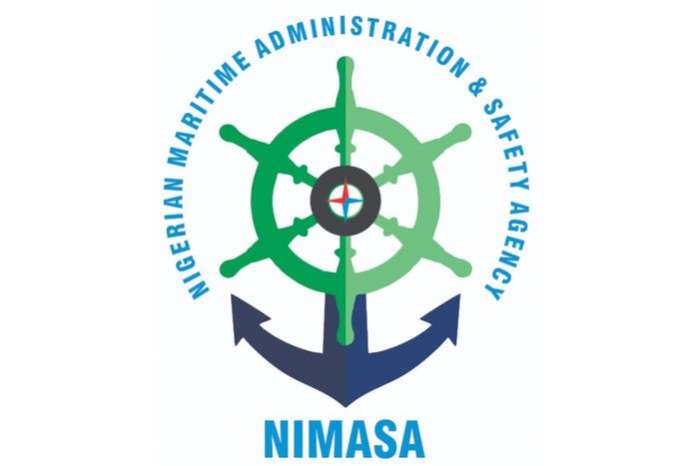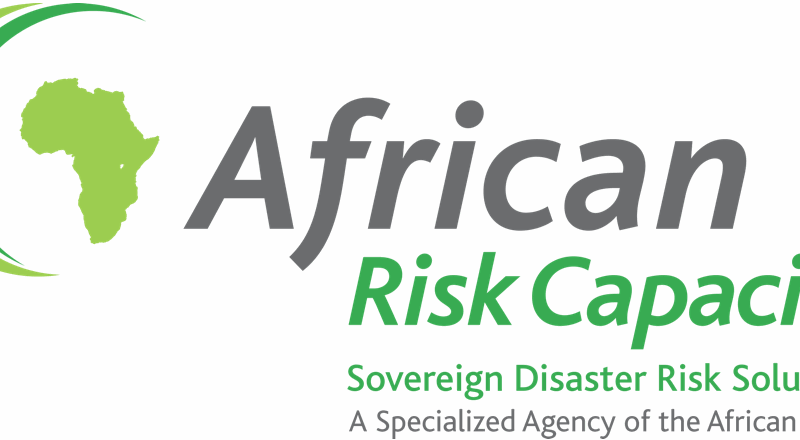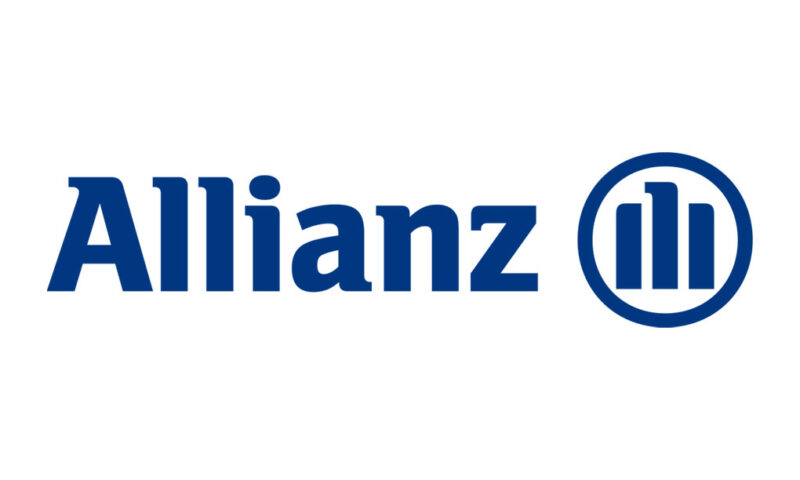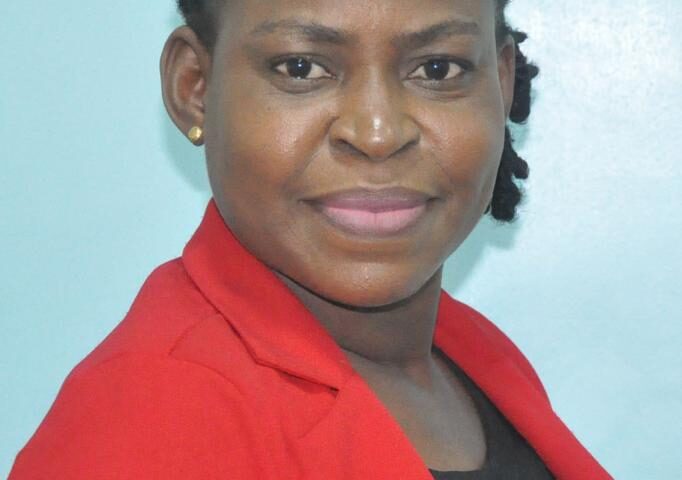By admin
Zambia and Nigeria insurers to add 2.4 million new climate policies for smallholder farmers.
Zambia and Nigeria insurers to add 2.4 million new climate policies for smallholder farmers
Underwriters in Zambia and Nigeria will add 2.4 million climate change insurance policies in the next three years, thanks to an International Finance Corporation (IFC)-backed programme.
The IFC has committed to inject US$1.94m to provide advisory services for the development of new climate insurance products and risk analytics, helping insurers in the two African countries to underwrite smallholder farmers profitably.
“The primary objective of this project is to improve the resilience of smallholder farmers by increasing their access to climate and other inclusive insurance products,” said the IFC.
Zambia and Nigeria will each be funded to the tune of $970,000 in a programme in which IFC said will also contribute towards increased access to insurance by women farmers.
The advisory programme will also help in scaling up the existing climate change insurance products and strengthen the insurers’ business development and underwriting capacity.
IFC disclosures further show that the inclusive climate insurance programme will help enhance insurance regulators’ supervisory capacity.
Many underwriters in the African continent including those in east and west Africa are signing up to sustainable insurance agenda but high loss ratios in the emerging insurance classes such as animal and crop insurance have seen a good number of players steer off this kind of polices.
The IFC programme hopes to turn this around by helping insurers to establish “more diverse, efficient and sustainable insurance product distribution channels and insurance processes”.
By the end of the programme in June 2025, Zambia underwriters are expected to have issued at least 1.5 million new inclusive climate insurance policies to smallholder farmers, generating premium volume of at least $4m.
In Nigeria, IFC targets to have helped the insurers issue at least 900,000 new such policies, generating total premium volume of at least $3m.
In addition, underwriters in these two markets are expected to have launched at least two new financial or insurance products and established at least one new partnership with a bank, agribusiness or any other entity.
Such partnerships between insurers and banks or agribusinesses, IFC sayid will help underwriters in “bundling of insurance solutions with credit and other products”.
Regional reinsurer Zep-Re has success stories from countries such as Zambia through the Farmer Input Support Program.
Zep-Re CEO Hope Murera, who led the reinsurer in acquiring a stake in Agricultural and Climate Risk Enterprise (Acre) Africa, said their experience in Zambia confirmed that bundling agricultural insurance with other products can help accelerate the uptake of crop and livestock cover.
“We have seen that when we do bundling (of agricultural insurance) with seeds and fertiliser, with government support, then we are able to cover more. We have had success stories in places like Zambia,” says Ms Murera.
At the heart of the IFC programmes in Zambia and Nigeria will be such partnerships and the sharing of lessons learnt from other parts of the world.
Partnerships are seen as a quicker path in growing insurance penetration levels at a lower cost given that many insurers are running on lean budgets, with the situation having been exacerbated by Covid-19 disruptions.
Zambia and Nigeria insurers participating in the IFC programme will produce online and other publications on lessons learnt, thought leadership on best practices in climate change insurance, research on emerging technologies and impact stories.
“It will also involve the organisation of exchanges, for example south-south exchanges between IFC partners in Asia and Africa, exchanges between insurance practitioners from different African countries and exchanges with other international organisations and donor-funded programmes,” said the IFC.
IFC rolled out in February 2022 a similar programme in Zimbabwe, where agriculture employs about two thirds of the working population, yet there were no insurance products to protect smallholder farmers.
The IFC, through the global index insurance facility (GIIF), has supported the growth of agriculture and climate insurance in markets such as Ivory Coast, Cameroon, Mozambique and Senegal.
IFC’s programme is particularly important to Nigeria, with the Climate Action Digest Report ranking the west African country as the 55th most vulnerable country to climate change and 22nd least ready.
The report projected that climate change would cost Nigeria six to 30% of its GDP by 2050, translating to $100bn to $460bn in losses and a big dent to the agricultural sector.
Farmers in northern Nigeria lost more than two million tonnes of rice to flooding in September 2020 as the heavier than expected rainfall hit smallholder farmers.
Nigeria in 1987 set up the Nigerian Agricultural Insurance Scheme as a state-owned insurance company but has not been able to reach many smallholder farmers.
Between 2015 and 2020, the scheme had captured about 1.28 million farmers and paid out claims totalling $971,000.
Insurers have been partnering with governments in their respective countries including Kenya, Nigeria, Zambia and Senegal to absorb part of the risks involved in crop and animal insurance to make such covers affordable.
Overall, the penetration of risk management solutions in agriculture in Africa remains low despite the sector’s high vulnerability to the impacts of climate change and market inefficiencies.
Smallholder farmers in Africa are usually spread out in wide areas, leading to high distribution costs and therefore translating to higher premiums without partnerships with government.
The insurance industry has struggled to profit from traditional insurance such as motor and medical, leaving them wary of trying out emerging risks.
In Kenya for instance, all general insurers are licensed to underwrite agriculture but only 10 out of the more than 50 companies had rolled out such covers by end of 2020.
The low uptake of agricultural covers means majority of farmers remain vulnerable to natural disasters such as floods and drought, leading to social and economic challenges.
Climate change has worsened weather-related risks such as droughts, pests and diseases and therefore exposing farmers to losses.
But lack of efficient data to develop viable insurance indexes and determine the premium price of indexed insurance products for small-scale farmers has seen many underwriters shy away from developing innovative insurance products for farmers.










